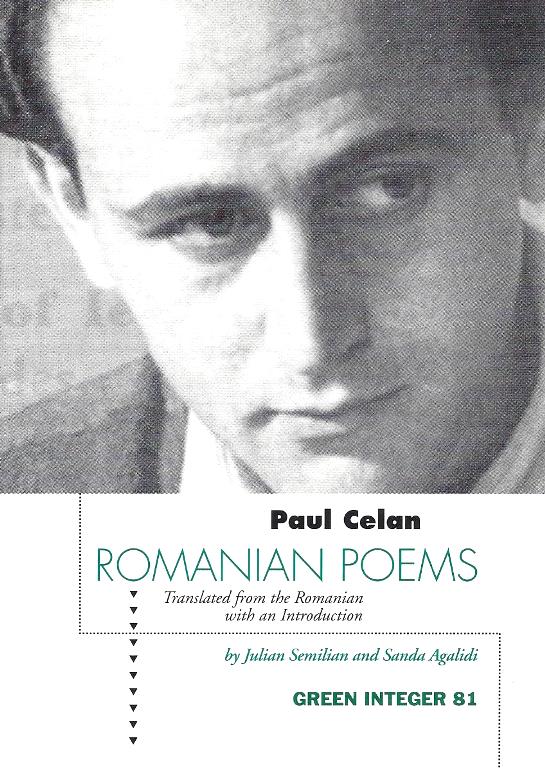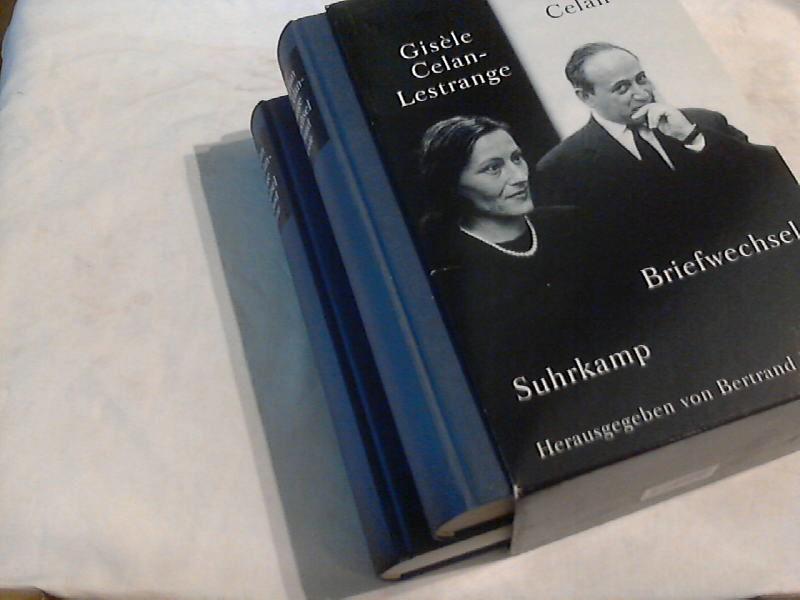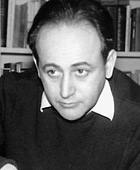
The local mayor, Traian Popovici, strove to mitigate the harsh circumstances, until the governor of Bukovina had the Jews rounded up and deported, starting on a Saturday night in June 1942.

Before the ghetto was dissolved in the fall of that year, Celan was pressed into labor, first clearing the debris of a demolished post office, and then gathering and destroying Russian books. In October, the Romanians deported a large number of Jews after forcing them into a ghetto, where Celan translated Shakespeare's sonnets and continued to write his own poetry.

On arrival in Cernăuți in July 1941, the German SS Einsatzkommando and their Romanian allies set the city's Great Synagogue on fire. A year later, following the reconquest by Romania, Nazi Germany and the then-fascist Romanian regime brought ghettos, internment, and forced labour (see Romania in World War II). Celan returned to Cernăuţi in 1939 to study literature and Romance languages.įollowing the Soviet occupation of Bukovina in June 1940, deportations to Siberia started. His journey to France took him through Berlin as the events of Kristallnacht unfolded, and also introduced him to his uncle, Bruno Schrager, who was later among the French detainees murdered at Birkenau. The Anschluss precluded his study in Vienna, and Romanian schools were harder to get into due to the newly imposed Jewish quota. In 1938 Celan traveled to Tours, France, to study medicine. At this time Celan secretly began to write poetry. 5), where he studied from 1936 until graduating in 1938. 2 in Cernăuți) from 1935 to 1936, followed by the Liceul Marele Voievod Mihai (Great Prince Mihai Preparatory School, now Chernivtsi School No. 2 în Cernăuți (Boys' Secondary School No. 1) from 1930 until 1935, Liceul de Băieți No. Paul attended the Liceul Ortodox de Băieți No. His earliest known poem is titled Mother's Day 1938.

In his teens Celan became active in Jewish Socialist organizations and fostered support for the Republican cause in the Spanish Civil War. His father, Leo Antschel, was a Zionist who advocated his son's education in Hebrew at the Jewish school Safah Ivriah (meaning the Hebrew language).Ĭelan's mother, Fritzi, was an avid reader of German literature who insisted German be the language of the house. His first home was in the Wassilkogasse in Cernăuți. He became one of the major German-language poets of the post- World War II era.Ĭelan was born into a German-speaking Jewish family in Cernăuți, Bukovina, a region then part of Romania and earlier part of the Austro-Hungarian Empire (when his birthplace was known as Czernowitz). He was born as Paul Antschel to a Jewish family in Cernăuți (German: Czernowitz), in the then Kingdom of Romania (now Chernivtsi, Ukraine), and adopted the pseudonym "Paul Celan".

20 April 1970) was a Romanian-born German-language poet and translator. Paul Celan ( / ˈ s ɛ l æ n/ German: 23 November 1920 – c.


 0 kommentar(er)
0 kommentar(er)
